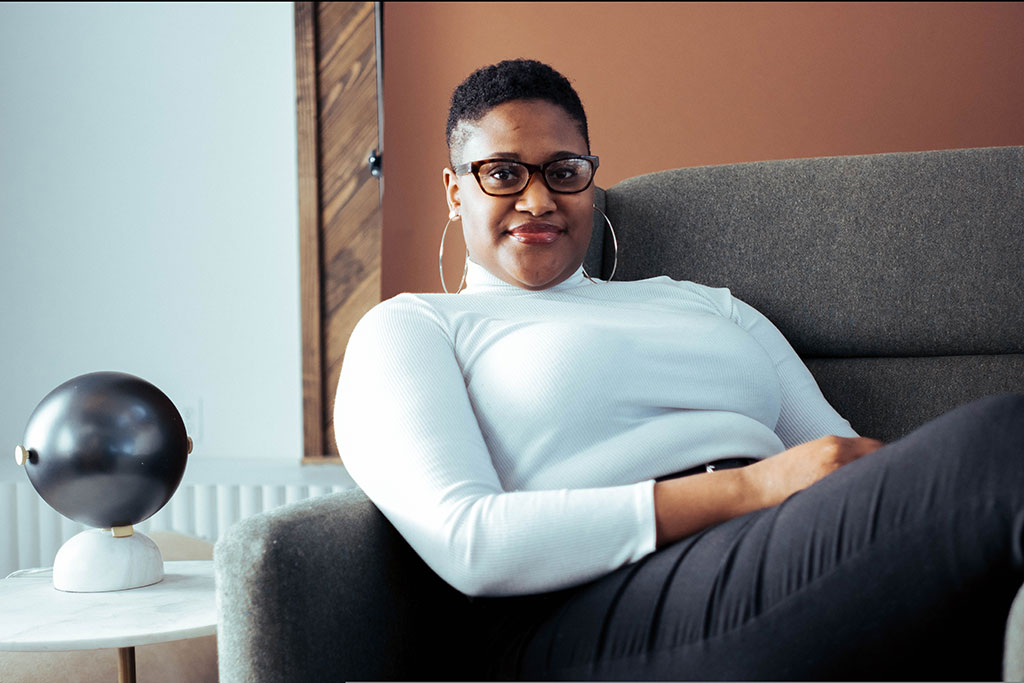29 July 2022 | 8 – 10 min read
Women's Month special: How to take control of your finances like a boss

Times are tough out there, but it can be even more challenging if you're a woman, thanks to the gender pay gap. This term refers to the disappointing fact that women still earn less than men for doing the same work.
The gender pay gap's been making news worldwide for a few years now, and unfortunately, South Africa is no exception to this infuriating global trend.
The gender pay gap in South Africa
Though South Africa has various laws that aim to prevent gender discrimination in the workplace, women, on average, still earn anywhere from 23% to a shocking 35% less than men (depending on which study you read).
To put it another way, that means that when you compare salaries for the same or similar job, women earn a third less than men.
The actual situation is slightly more nuanced than that, of course. For example, the pay gap is broader in less skilled positions and narrower or even eliminated amongst highly skilled workers. And we should also acknowledge that, on paper, South Africa is said to be 'one of the most equal paying countries in the world.'
But that still doesn't make the gender pay gap acceptable, particularly not the dynamics of the one that exists here. Especially since highly skilled jobs don't make up the majority of jobs available in this country.
In celebration of Women's Month, we've invited our resident financial guru and Client Success Lead, Andiswa Mojapelo, to share her wisdom on how women can maximise their financial position despite the South African economic circumstances they must deal with.
The importance of financial wellness and choice in financial freedom
According to Andiswa, the key to financial freedom starts with building a healthy financial foundation.

"The gender pay gap is an ongoing challenge for women," she said. "It makes it so much more important for women to take ownership of their money and ensure that the money that we earn is constantly working for us."
Building a financial foundation
She noted that the first step in building a healthy financial foundation is being careful about what you spend.
"We create disposable income by constantly spending less than we earn. The less you spend, the more money you'll have available to put towards your goals, whether it's travelling, studying further, buying your first home or simply building enough wealth so that you don't have to work forever. Because nobody wants to work forever!"
The next step is straightforward: Pay off your bad debt - like credit cards and other unsecured loans. "The high-interest rates charged on this debt make it really bad! It steals money that should be going towards your goals," she explained.
And third, start putting together an emergency fund. "This is for those unexpected expenses," Andiswa said.
"We love helping people like you plan and budget, but the reality is that life does happen, and while we can't control those things, we can save towards them for the times that they creep up on us."
"We've found that long-term financial goals are unlikely to succeed without a strong foundation," she added. So don't skip these basic principles because they're essential in ensuring we have something from which we can build our way up."
Thinking about the future
Once those foundations are in place, you're ready to start thinking about the future, and by that, we mean retirement.
Here, Andiswa was careful to point out that we shouldn't just have an attitude that we have more than enough time to save enough money for retirement.
"The reality is that we rely heavily on compound interest over the years to ensure that the money we save grows significantly in future to fund our retirement. Factors like inflation affect the value of the money we put away, so the magic trick is time. The sooner you start putting away the little that you have, the better chance it has at growing into what you need later on."
Andiswa also highlighted the vital role that insurance needs to play in our financial planning. "We can't predict when bad things might happen to us or our possessions, and insurance helps to ensure that we have a plan in place for when they do."
She added that people often don't want to take out insurance policies, and she cautioned that this is an unwise decision.
"People have often told me that they'd rather save the money than pay insurance premiums. My response is usually to take out a calculator to determine how long it would take that person to save the R300 000 needed to replace a car or the
R1 500 000 needed to cover a child's education. That exercise drives home the point that most of us simply cannot save up that kind of money within the timeframe we'd need to have it available. Therefore, insurance should be a crucial part of any financial plan."
Female-specific advice
In closing, Andiswa had 3 pieces of advice specifically directed at our fabulous female readers.
1. Overcompensating
Being busy working hard and climbing that corporate ladder often comes at the expense of time with loved ones. Sometimes, we can fall into the trap of overcompensating for that by spending money on things like gifts, trips and other things that we can't always afford. That can lead to a debt trap.
There are ways to manage your relationships with your loved ones that do not necessarily require us to spend money we don't have.
2. Discipline
I can't overemphasise the role of discipline in taking control of your money.
I often compare Velocity Club to a sort of money gym. We provide the resources, solutions, support, professional advice and accountability to help you get your finances into shape, but we can't force you to implement them. That's up to you, and it's where self-discipline comes in. We put the solutions at your disposal, and you must do your best to stick to the monthly plan.
3. Get involved in household finances and planning
You need to understand what is happening in the home. Make sure that you know how much you're paying for the bond, where you're insured and what it costs, how much you pay for school fees and also what solutions are in place to ensure that we maintain the same standard of living if our spouse was to pass away.
They're not the most exciting conversations to have, but it's necessary, and the sooner we have them, the better we can plan for the future.
Get empowered, get Velocity Club
As we celebrate women this Women's Month, Velocity Club remains the best way to get your finances into shape to ensure that you can take care of your family and yourself for the rest of your life.
Schedule a free consultation with a Velocity Club expert, and we will help you start building that solid foundation that Andiswa spoke about.

27 JUNE 2022 | 8 – 10 Min read
Navigating black tax: Support your family AND your future

18 MAY 2022 | 5 - 8 min read
3 Powerful steps to change your financial future

19 April 2022 | 8 - 10 min read
7 Surprising strategies to help you start investing

SIGN ME UP
Start making the right money moves today
Put your goals within reach. Leave your details and a Relationship Consultant will call you back.
